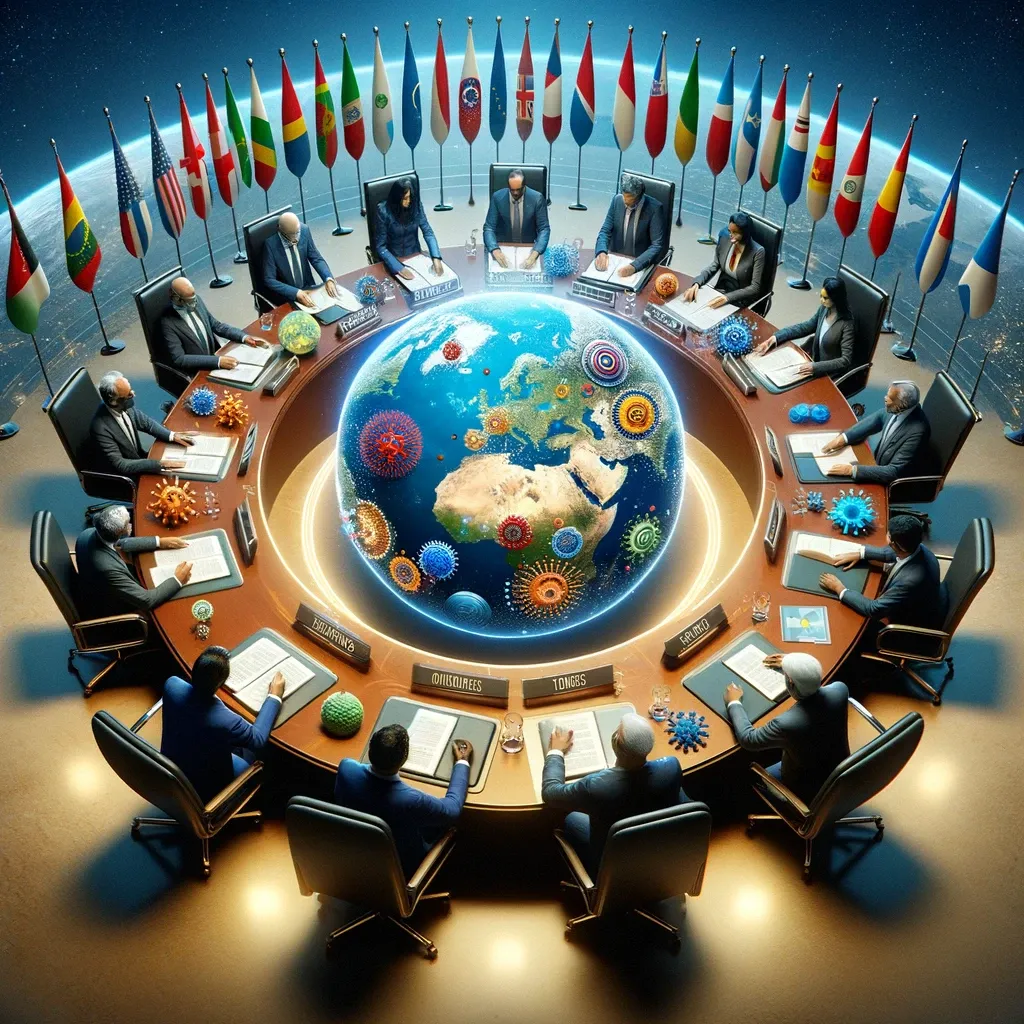Navigating the Evolving Landscape of Global Health: Key WHO Updates on Pandemics and Vaccinations
In a world still grappling with the repercussions of the COVID-19 pandemic, the World Health Organization (WHO) continues to play a pivotal role in guiding global health policies and responses. Recent developments have highlighted significant shifts in the landscape of pandemic management and vaccination strategies. COVID-19 Vaccinations Transition to Regular

In a world still grappling with the repercussions of the COVID-19 pandemic, the World Health Organization (WHO) continues to play a pivotal role in guiding global health policies and responses. Recent developments have highlighted significant shifts in the landscape of pandemic management and vaccination strategies.
COVID-19 Vaccinations Transition to Regular Immunization
As we approach the tail end of 2023, a notable change has been the WHO's announcement regarding the integration of COVID-19 vaccinations into regular immunization schedules. This transition marks the end of the COVAX initiative, a program that has been central to the equitable distribution of COVID-19 vaccines globally. The shift signifies a move towards a more sustainable and integrated approach to managing COVID-19, reflecting the disease's evolution into a more endemic phase.
Breakthrough in Malaria Prevention
In another significant development, the WHO has prequalified a second malaria vaccine. This milestone is a leap forward in the fight against malaria, a disease that continues to have a devastating impact, particularly in sub-Saharan Africa. The availability of an additional vaccine is expected to bolster efforts in malaria prevention and control, potentially saving thousands of lives annually.
Concerns Over Global Vaccine Coverage
Despite these advancements, challenges remain. The WHO has expressed concern over the "abysmal" levels of COVID-19 vaccine coverage among high-risk groups worldwide. This situation poses a considerable threat to global health, underlining the need for continued vigilance and efforts to enhance vaccine accessibility and acceptance, especially in regions with low vaccination rates.
Focusing on Future Pandemic Preparedness
Looking ahead, the WHO is urging for improved preparedness against future pandemics. Acknowledging gaps in the current global response mechanisms, the organization is advocating for a collective effort to bolster readiness. The year 2024 is set to be a defining period, with countries negotiating the first-ever global agreement on pandemic threats. This agreement aims to establish a framework for a more coordinated and effective global response to future health emergencies.
In conclusion, the WHO's recent updates underscore the dynamic nature of global health challenges and the ongoing need for adaptive strategies. While progress in vaccine development and pandemic management offers hope, the focus on preparedness and equitable access to healthcare remains critical in shaping a healthier, more resilient world.




